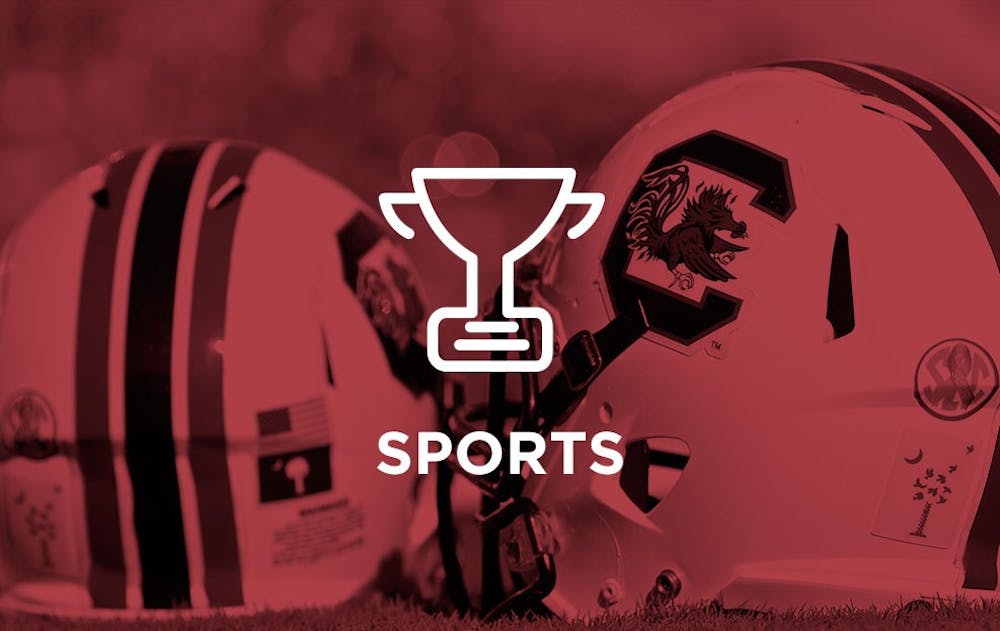From Colin Kaepernick to Nigel Hayes, the world of sports has become saturated with athletes taking a stand on issues that matter to them. These athletes received national attention for their actions, but often the resulting debate by fans and members of the media received just as much publicity. Unfortunately, a convoluted understanding of free speech has clouded the potentially meaningful outcomes of these discussions.
Free speech is not simply a catchall device that eliminates consequences of any form of expression by an athlete attempting to call attention to an issue, nor does it serve to automatically condemn a coach or administrator who doesn’t fully support the athlete’s actions. In terms of the right to free speech in the legal sense, the First Amendment bars government, not private institutions, from limiting speech. This means coaches and administrators are free to punish athletes for expressing their beliefs, although at public universities this could be a little more of a gray area. At the end of the day, professional athletes are just that: professionals. As employees, their bosses have the right to restrict their words and actions in the workplace, which just happens to include a field, a locker room and a press conference.
This doesn’t mean that athletes shouldn’t continue to talk about topics that matter to them or that doing so does not serve as a public good. It does mean, however, that it is an athlete’s responsibility to be aware of the potential repercussions of his or her words and actions.
Understanding the First Amendment and the role of athletes as employees also frames how we perceive the actions of a coach or member of the front office. Whether or not a team’s policies surrounding athlete conduct are moral or fair to players can and should be discussed, but accusing a coach of infringing on a player’s right to free speech simply because they enforced a team rule makes no sense. Talking about these points is a waste of time, because it detracts from discussion of the issues that the player attempted to bring to light in the first place.
Past its legal context, the American ideal of free speech has also been lost in this conversation. The First Amendment and its resulting ideal of freedom of expression were intended to protect the expression of unpopular ideas. This support for freedom of all speech stemmed from the attempt to create a marketplace of ideas in order to exchange beliefs and develop as a society. There is nothing to exchange in this marketplace if the expression of only one idea is tolerated.
I am not suggesting that players stop speaking out. I encourage more athletes to call attention to issues that matter to them because doing so has the potential to create meaningful, national discourse on divisive issues. However, this sort of discussion cannot occur if we as fans do not encourage the true ideal of free speech. In other words, conservative fans should support and welcome an athlete speaking out about liberal views as much as they would support and welcome an athlete speaking out about conservative views and vice versa. Supporting the expression of an idea does not mean advocating for the idea itself. It simply means appreciating freedom of speech and the opportunity to not necessarily agree with, but simply learn about and understand another point of view.
If we as fans say we support athletes expressing themselves and working to affect social change, it is unfair for us to dictate what they choose to express and what they campaign for. When we limit what we consider “acceptable” or “appropriate” for athletes to speak out about to what matches our own beliefs, we do nothing more than support the spread of our own agendas. Supporting the expression of this agenda under the veneer of supporting freedom of speech cheapens the meaning of one of America’s core values.

